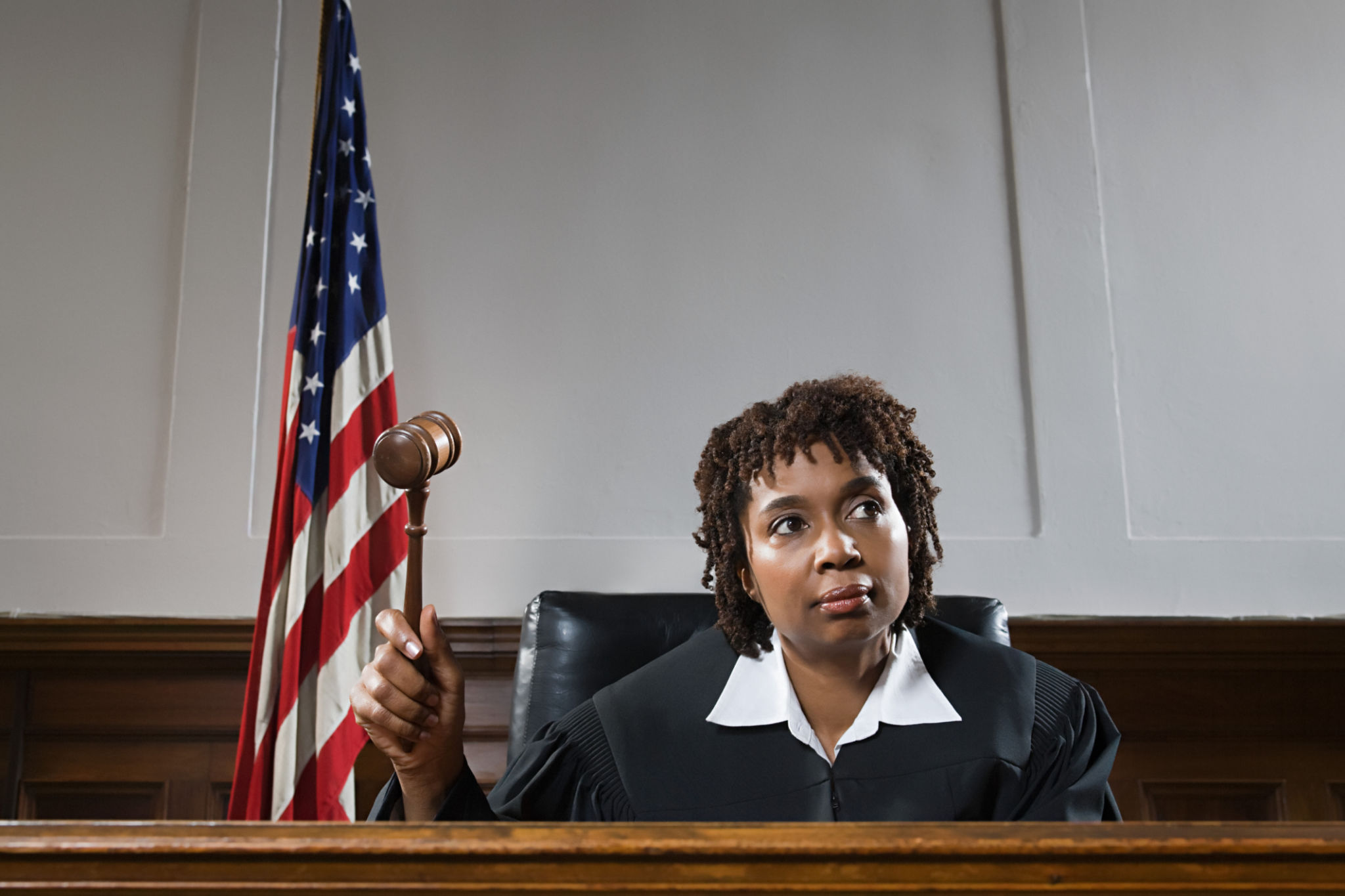Navigating Property Disputes: Essential Tips from Expert Lawyers
Understanding Property Disputes
Property disputes are conflicts that arise when there are disagreements over the ownership, boundaries, or rights associated with a piece of real estate. Such disputes can occur between neighbors, landlords and tenants, or even family members. Understanding the nature of these disputes is crucial for finding effective solutions. Expert lawyers recommend gaining a comprehensive understanding of the specific issues at hand by reviewing all relevant documents and historical property records.

Common Causes of Property Disputes
Property disputes can stem from a variety of causes. Some of the most common include:
- Boundary disagreements: When property lines are unclear or contested.
- Title issues: Disputes over who holds legal ownership of the property.
- Easements: Conflicts over the rights to use another's land for a specific purpose.
- Lease and rental disagreements: Issues between landlords and tenants regarding lease terms and conditions.
Steps to Resolve Property Disputes
Resolving property disputes requires a methodical approach. Here are some essential steps recommended by legal experts:
- Gather Documentation: Collect all relevant documents, including deeds, titles, and maps.
- Seek Legal Advice: Consult with a property lawyer to understand your rights and options.
- Mediation: Consider mediation as a less confrontational way to resolve disputes.
- Litigation: If necessary, prepare for court proceedings with professional legal representation.

The Role of Mediation
Mediation serves as an alternative dispute resolution method that can help parties find common ground without going to court. In mediation, a neutral third party facilitates discussions between the disputing parties to reach a mutually agreeable solution. This process is often more cost-effective and quicker than litigation, making it an attractive option for many involved in property disputes.
When to Consider Legal Action
While mediation and negotiation are effective in many cases, there are times when legal action becomes necessary. If the dispute involves significant financial investments or if one party refuses to negotiate in good faith, pursuing litigation may be the best course of action. An experienced lawyer can help you assess the situation and decide when it's appropriate to escalate the matter to court.

Choosing the Right Lawyer
Selecting a competent lawyer is crucial in navigating property disputes. Look for attorneys who specialize in real estate law and have a proven track record in handling similar cases. Personal recommendations and thorough research can aid in finding the right legal partner. A good lawyer will not only guide you through legal complexities but also offer strategic advice tailored to your situation.
Preventing Future Disputes
Prevention is always better than cure when it comes to property disputes. To minimize the risk of future conflicts, ensure that all property transactions are documented clearly, understand local zoning laws, and maintain open communication with neighbors and other stakeholders. Regularly reviewing property boundaries and updating records can also be vital in preventing misunderstandings.
Navigating property disputes can be challenging, but with the right guidance and strategy, you can protect your interests and resolve conflicts efficiently. Always remember that expert legal advice is invaluable in these situations, providing peace of mind and a structured approach to resolving even the most complex disputes.
